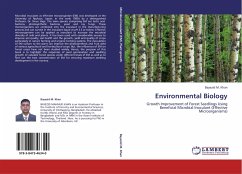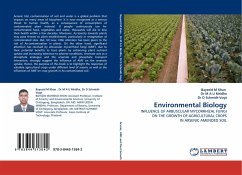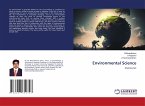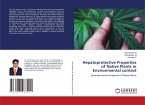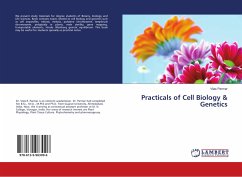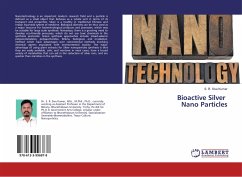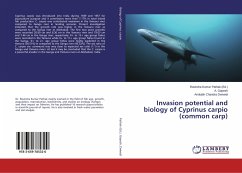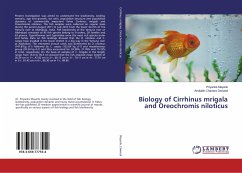Microbial inoculant as effective microorganism (EM) was developed at the University of Ryukyus, Japan, in the early 1980's by a distinguished Professor, Dr. Teruo Higa. The main species comprising EM are lactic acid bacteria, photosynthetic bacteria, yeast and ray fungi. These microorganisms are combined into the inoculant in the manufacturing process and can survive in the inoculant liquid at pH 3.5 or below. Effective microorganisms can be applied as inoculant to increase the microbial diversity of soils and plants. It has been used with considerable success to improve soil quality, soil health and the growth, yield and quality of crops particularly in nature farming and organic farming systems. The inoculation of EM culture to the plant can improve the photosynthesis and fruit yield of various agricultural and horticultural crops. But, the influences of EM on forest crops have not been studied widely. Hence, the purpose of this book is to highlight the responses of seed germination and seedling growth of valuable forest species under different levels of EM as well as to find out the best concentration of EM for ensuring maximum seedling development in the nursery.
Bitte wählen Sie Ihr Anliegen aus.
Rechnungen
Retourenschein anfordern
Bestellstatus
Storno

